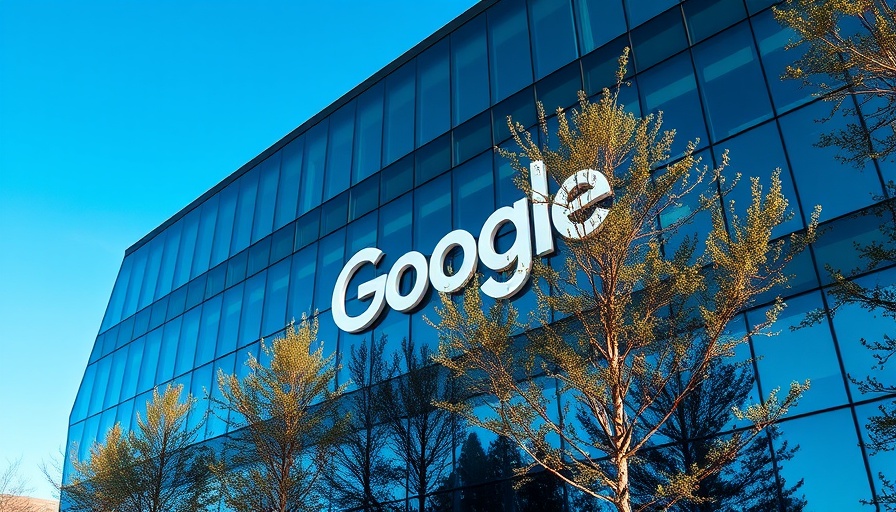
Tech Giants Rally Together to Protect Internet Freedom
In an unprecedented move, some of the biggest names in technology—Google, Amazon, and Microsoft—have joined forces with Cox Communications in a critical Supreme Court case that could redefine the landscape of internet liability. Facing a $1 billion copyright ruling, Cox has made a compelling argument that enforcing such a penalty would impose overwhelming responsibility on internet service providers (ISPs) for the actions of users.
Understanding the Stakes of ISP Liability
The case is rooted in a Fourth Circuit ruling that held Cox liable for copyright infringement based on its knowledge of subscriber misconduct. This ruling has sparked fears among tech leaders that it may set a dangerous precedent that could burden ISPs with liabilities for a vast array of unlawful online behaviors — from minor copyright violations to much more severe infractions like harassment or illegal trade.
Cox has forcefully stated that the implications of this ruling could force ISPs to act as "internet police," deterring them from providing services to potentially innocent users.
The DMCA and Why It Matters
At the heart of this issue is the Digital Millennium Copyright Act (DMCA), designed to protect ISPs from liability as long as they adhere to copyright regulations. If the Fourth Circuit's ruling is upheld, it risks transforming these legal protections into what the tech companies describe as a "liability-creating mechanism." This shift could deter innovation and create a chilling effect across the online economy, with ISPs reluctant to engage unless they can ensure every user's compliance with copyright law.
Implications for Homeowners and Renters
But what does this mean for homeowners and renters researching high-speed internet options? The outcome of this case could directly impact internet availability and service quality. With fears of litigation looming, ISPs may be incentivized to deny services to users based on suspicion rather than evidence, thereby restricting access for many consumers.
This could result in significant limitations on internet service, ultimately affecting how families access information, entertainment, and services online. A ruling in favor of the current liability ruling could lead to higher costs and less choice for consumers.
Seeking Balance in Copyright Enforcement
The tech giants supporting Cox assert that copyright enforcement should require clear evidence of wrongdoing—not merely a general awareness of possible infringements. They argue that actual knowledge of unlawful actions should be a requisite for liability, thereby ensuring that fair use rights are honored and that genuine creativity can thrive in an open internet.
As this case moves forward, it presents an opportunity for a reevaluation of internet liability structures. Stakeholders from all sides must engage in this discussion to protect the future vitality of the digital economy.
Take Action: Stay Informed
For homeowners and renters invested in their internet choices, the evolution of this case offers key insights into the direction of online service regulations. By staying informed, you engage not only with the choices in front of you but with a broader dialogue about internet rights and responsibilities during this significant juncture.
 Add Row
Add Row  Add
Add 




Write A Comment